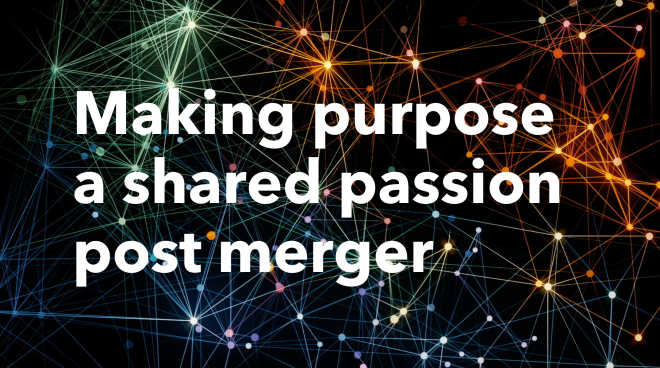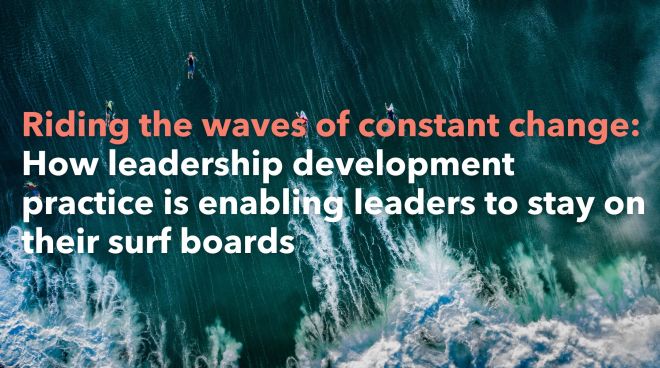The Consequences of the Organisational 'Family'

As people grapple with what it means to work alongside others, we reach for metaphor and analogy to conjure the appropriate picture. I’ve heard clients say, “We want to build a family culture”; “we’re like one big family”; “they’re behaving like children”. These are red flags for me and I’ll explain why throughout this article.
What is the difference between families and teams?
The major distinction is that teams, organisations, or project groups come together to work to a particular purpose or outcome. There is a gap in the market, an unmet need in society, and you believe you have the ideas, skills, and resources to meet it. You think you can be successful enough to invest in and sustain your endeavours further.
Is an organisational family important?
Families and communities inherently exist due to a shared identity and belonging. It’s not to say that teams and organisations can’t have this sense of belonging; it’s clear that people who enjoy each other’s company work far more creatively and effectively than those with disparate outlooks and beliefs. Much of my work with teams and organisational culture is about building trust, a connection, and partnership amongst teams and leaders. However, the primary purpose is to serve an outcome bigger than themselves, beyond belonging. And I spend a great deal of time with leaders and teams discerning their shared purpose.
Despite the family narrative being common ways of exploring organisational life, the unintended consequences are more trouble than they’re worth.
What are the consequences of the organisational family?
Seeing team members as children, even if just thought of rather than spoken, brings with it assumptions and behaviours about maturity, independence, skillfulness, and authority, and a manager or leader will find themselves thinking and engaging with that mindset. In reality, there is no reason why members of a team should be less mature, skilful, or responsible than their manager. They no doubt prove themselves to be adults in other domains of life, so why not at work where they are paid professionals?
In a world where organisations are increasingly looking to unlock their collective wisdom, rather than issue command and control from the top – the military metaphor – likening employees to children is a narrative that limits potential and resourcefulness. And indeed the field of Transactional Analysis espouses developing adult-to-adult relationships rather than parent-child, and skills in unhooking from this dynamic.
How can this behaviour affect the wider business?
Another consequence is the way in which you motivate and inspire. The currency of relationships and social status is foregrounded, and performance, purpose, and effective collaboration can inadvertently take a backseat. For example, I might feel that if I do well, I will be better liked, loved, and protected. If I do badly I disappoint ‘mum’ or ‘dad’. It is a distraction from the work itself to more primitive needs of belonging and safety. It can narrow people’s focus greatly to self-concern, protection, and competition with other people or teams.
The risk is that I make decisions based on what will get me more ‘love’ and ‘belonging’, rather than what may be in the best interests of the wider organisations, its customers, shareholders, and purpose-at-large.
How can I ensure that I develop my team in a constructive way?
Adult-to-adult relationships are not the only working relationships that are required for success. Teams need purposeful working roles, with clarity of focus and shared direction and outcomes. The trust, connection, and spirit of partnership grows around this anchor, and are the qualities that make teams successful. But they are not the foundation.
It helps to reinforce purpose-driven behaviours through encouraging and recognizing efforts towards those aims. When we do so the culture becomes qualitatively different, more energized, mature, purpose and possibility-driven. When great work takes place, the pride, love, and belonging takes care of itself.

 Olivia Margo
Olivia Margo 
 Andrea Cusack
Andrea Cusack 

 Aoife Keane
Aoife Keane